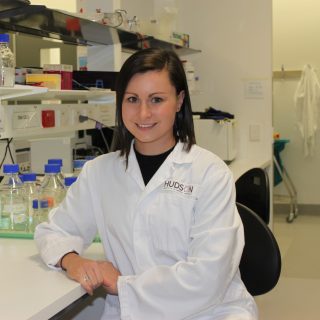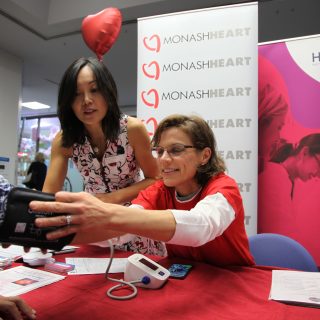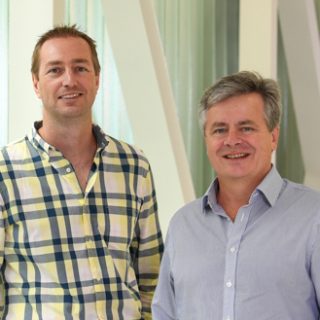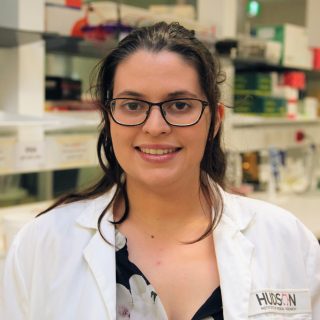News
Popular searches: Influenza, Childhood cancer, Endometriosis, Inflammation
-

2019 Hudson Institute Travel Awards and Bryan Williams Trainee Scholarship
Congratulations to the 2019 Hudson Institute Travel Awards recipients who will attend international conferences and visit laboratories to build invaluable knowledge in their area of research.… Read more
-

Closing the gap in our tiniest patients
Could a common nutritional supplement, creatine, greatly reduce risks of brain injury in our tiniest patients, saving them from severe lifelong complications?… Read more
-

Snoring in children needs medical attention
Snoring has been shown to be as equally disruptive on children’s health and behaviour as obstructive sleep apnoea. … Read more
-

Free tests help in blood pressure fight
High blood pressure, or hypertension, continues to claim the lives of millions worldwide each year, despite the fact it only takes minutes to detect through screening.… Read more
-

A safer birth for complicated pregnancies
Taking melatonin before labour could improve the success rate of inductions and cut delivery times, reducing the risks for mother and child.… Read more
-

Preparing healthcare providers for possible cord-clamp change
Our researchers are educating maternity and healthcare professionals for a possible change in birth practices by 2020, as their research moves from the laboratory to the clinic.… Read more
-

Preserving reproductive health
Although raising a family is an almost universal dream for couples, the reality is that infertility is increasing and will affect one in five Australian men and women, disrupting many aspirations.… Read more
-

High accolades at PSANZ conference
Two Hudson Institute early career researchers and two PhD students were recognised for their outstanding research at the 21st Perinatal Society of Australia & New Zealand (PSANZ) conference at the Gold Coast.… Read more
-

2018 Vice Chancellor’s Commendation for Thesis Excellence
Dr Nadia Bellofiore has received the second-highest honour, the 2018 Vice Chancellor’s Commendation for Thesis Excellence, from Monash University for her PhD thesis. Dr Bellofiore’s award recognises world-leading research undertaken by a student. … Read more
-

Fighting ovarian cancer at the front line
Ovarian cancer is responsible for more deaths than any other gynaecological disease, yet it’s known as the ‘silent killer’, due to an absence of symptoms and a devastatingly low survival rate of less than 50 per cent. Our leading ovarian cancer researchers are progressing solutions to help these women – thanks to support from the… Read more
